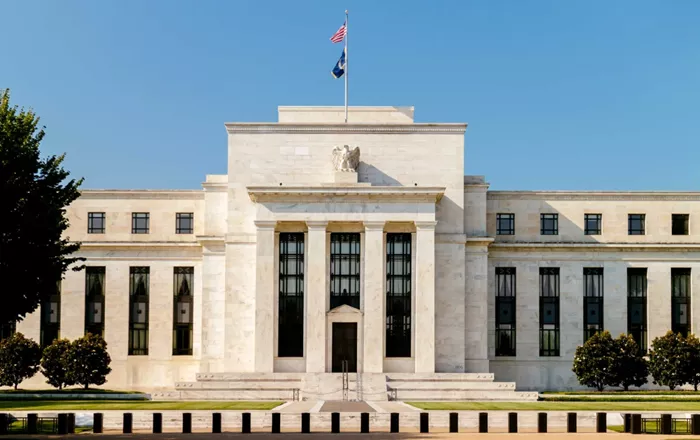A long-lasting conflict between Israel and Iran might do more than disrupt energy markets. Some experts on Wall Street believe it could lead the Federal Reserve to lower interest rates sooner than expected.
Ryan Sweet, chief U.S. economist at Oxford Economics, said a steady rise in oil prices could make the Fed more cautious. He explained that a prolonged oil price shock might reduce demand and hurt the labor market, which has so far been strong.
Usually, sudden oil price spikes cause only a brief rise in inflation, which the Fed often ignores. But with the economy already slowing, a lasting increase in oil prices could threaten growth and jobs more than inflation.
Sweet noted, “The economy is vulnerable to shocks like a persistent rise in oil prices. If the Fed sees the economic damage as more serious than the inflation boost, it might signal earlier rate cuts”.
On Monday, tensions between Iran and Israel eased, leading to a rise in U.S. stocks and stabilizing oil prices near $70 a barrel after last week’s sharp increase. However, Sweet said it might take weeks for markets to understand oil price trends clearly.
While the Fed can wait, a big, lasting jump in oil prices could bring forward rate cuts by at least one meeting, because economic damage is harder to fix than temporary inflation spikes.
Still, rising oil prices also risk pushing inflation higher. Some analysts warn that if the conflict worsens and the Strait of Hormuz shuts down, oil prices could reach $130 a barrel, pushing U.S. inflation back toward 6%.
Gas prices have fallen 12% over the past year, helping reduce inflation. But if oil prices rise sharply, inflation could surge again, delaying Fed rate cuts until early 2026 as the central bank balances price stability and employment goals.
Bank of America economist Stephen Juneau said this could create a “stagflationary” scenario, with slow growth and rising inflation, but added it is too early to tell if this will happen.
Related topics:


